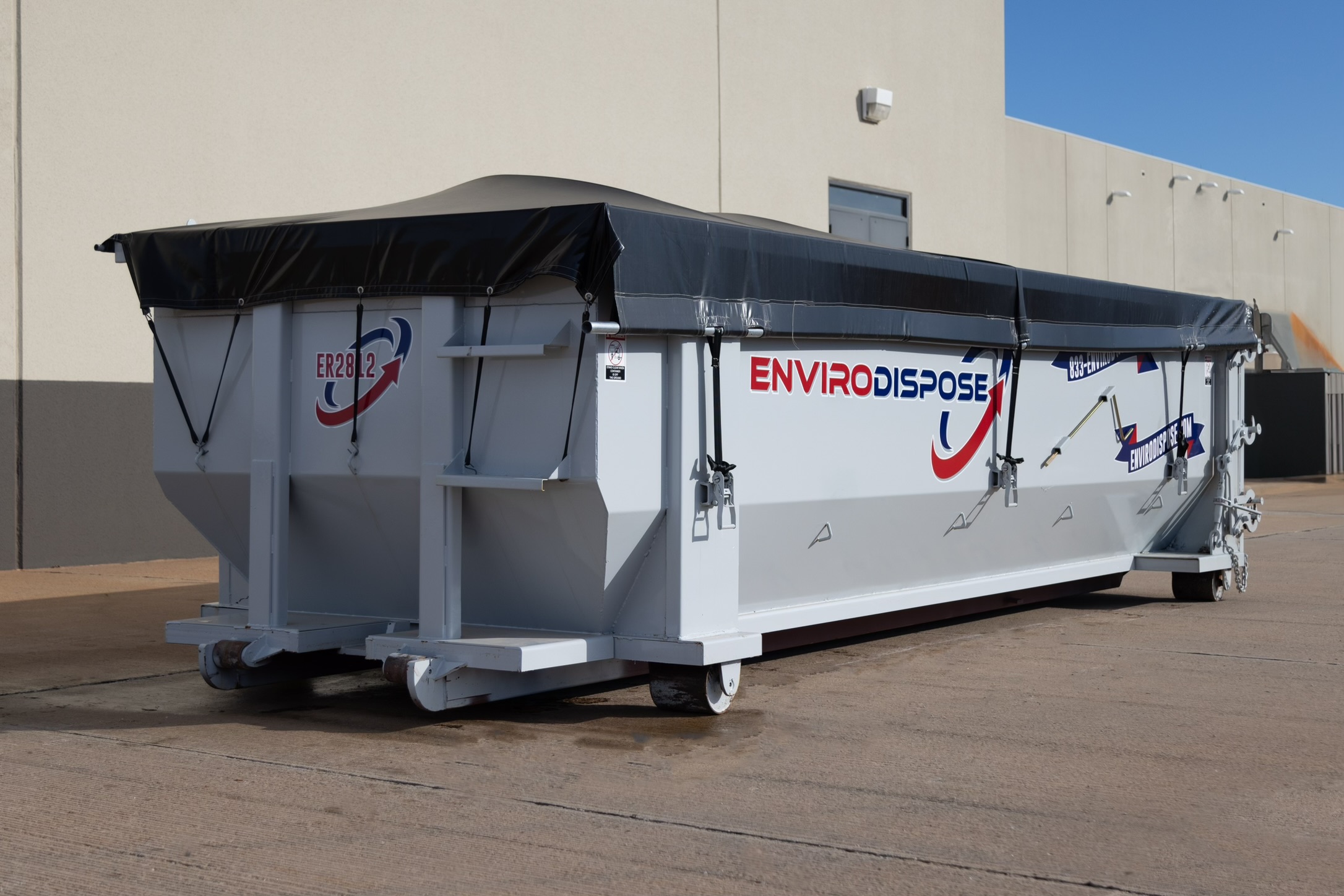Construction Dumpster Rentals: A Contractor’s Solution for Job Site Waste

Strong 8k brings an ultra-HD IPTV experience to your living room and your pocket.
Efficient waste management is essential on any job site, and construction dumpster rentals offer a practical, affordable way to keep your project clean and compliant. Whether you're handling new builds, renovations, or demolitions, renting a dumpster ensures that construction debris is safely contained and promptly removed.
With the right dumpster rental service, contractors save time, reduce risks, and maintain a more organized work environment.
Why Construction Projects Require Dumpster Rentals
Keeps Job Sites Clean and Safe
Construction generates a large volume of waste—wood, drywall, concrete, insulation, and packaging. A rented dumpster provides a central, designated place for disposal, keeping materials off the ground and away from work zones.
A clean site minimizes accidents and improves workflow.
Meets Regulatory and Environmental Standards
Many municipalities require proper disposal of construction waste. Dumpster rental services handle the transport and disposal, often in compliance with local environmental regulations and LEED construction standards.
Saves Time and Increases Efficiency
Instead of coordinating multiple trips to a landfill, contractors can schedule pickups with one provider. This streamlines operations, saves labor hours, and keeps your crew focused on the build.
Types of Construction Dumpster Rentals
Roll-Off Dumpsters
Roll-off dumpsters are the most common for construction projects. They come in various sizes and are designed for heavy debris like concrete, lumber, or roofing material.
They are delivered to the site and picked up when full or at the end of your rental period.
Front Load Dumpsters
Used less frequently on construction sites, these are better suited for long-term waste disposal during commercial renovations or light remodeling projects.
Common Uses for Construction Dumpster Rentals
Residential Construction
New home builds
Garage or basement conversions
Additions and extensions
Roof replacements
Commercial Construction
Office building renovations
Retail space buildouts
Warehouse and industrial site cleanup
Multi-unit residential developments
Demolition Projects
Full and partial structure tear-downs
Concrete removal
Interior strip-outs
Roofing and siding disposal
Dumpster Sizes for Construction Waste
Dumpster Size Capacity (Cubic Yards) Ideal For
10 Yard ~50-70 trash bags Small renovations, flooring, light demo
20 Yard ~110-130 trash bags Roofing jobs, medium remodels
30 Yard ~170-190 trash bags New home construction, large debris loads
40 Yard ~230-250 trash bags Major demolitions, commercial jobs
Choosing the right size prevents overage fees and ensures efficient waste removal.
What Can Go in a Construction Dumpster?
Accepted Materials
Drywall and plaster
Flooring materials (tile, laminate, carpet)
Wood and framing lumber
Roofing shingles and felt
Metal scraps and wires
Concrete, bricks, and asphalt
Siding and insulation
Prohibited Items
Asbestos-containing materials
Hazardous chemicals or liquids
Batteries and tires
Paint cans with liquid paint
Flammable or explosive materials
Always verify with your provider to ensure full compliance.
Construction Dumpster Rental Process
1. Choose the Right Dumpster Size
Assess the scope of your project and the type of waste involved. Contractors often consult with providers to estimate the correct size.
2. Schedule Delivery
Once booked, the dumpster is delivered directly to your job site, often within 24–48 hours.
3. Load the Dumpster
As construction progresses, workers can fill the dumpster as needed. Some companies offer weight allowances and usage guidelines to avoid overage charges.
4. Schedule Pickup
When the dumpster is full or the job is complete, the provider picks it up and disposes of the waste at a certified facility.
Benefits of Renting a Construction Dumpster
Saves Time: No need to transport debris to disposal sites.
Improves Safety: Keeps job sites clear and organized.
Environmentally Responsible: Professional disposal ensures recyclables are separated when possible.
Cost-Effective: One-time rental costs often outweigh repeated landfill trips and fuel costs.
Flexible Options: Short-term and long-term rental periods are available.
Questions to Ask Before Renting
What dumpster sizes do you offer for construction debris?
Are there weight limits or overage charges?
How fast can you deliver or pick up?
Do you handle permits if needed?
What materials are prohibited?
Choosing the right provider begins with asking the right questions.
Tips for Efficient Dumpster Use on Construction Sites
Break down materials before disposal to maximize space
Load heavy materials first and evenly distribute weight
Do not overload—fill only to the marked line
Schedule regular pickups for long-term projects
Cover the dumpster if rain is expected (especially for materials like drywall)
Construction Dumpster Rentals vs. Hauling It Yourself
Criteria Dumpster Rental DIY Hauling
Time Efficiency Delivered and picked up by provider Multiple trips needed
Labor Intensity Minimal after loading Requires truck, unloading, and time
Cost Over Time Flat rental fees Fuel, disposal fees, vehicle wear
Job Site Cleanliness Ongoing waste containment Waste can pile up
Professional Disposal Yes May require research and effort
Construction dumpster rentals provide unmatched convenience for busy contractors.
Construction Sites That Commonly Use Dumpsters
Custom home developments
Roadway and infrastructure work
Office building construction
Roofing contractors
Demolition crews
Property management renovations
Frequently Asked Questions
How long can I keep a construction dumpster?
Most rental periods range from 7 to 14 days, with options to extend as needed.
Do I need a permit?
If the dumpster will be placed on a public street or sidewalk, a permit may be required by the local municipality.
What happens if I exceed the weight limit?
You may incur additional charges per ton. Always review weight allowances when booking.
Can I rent more than one dumpster at a time?
Yes. Many providers offer multiple-unit rentals for large-scale construction sites.
Final Thoughts
Construction dumpster rentals are a critical part of site management, helping contractors dispose of debris efficiently and stay focused on the build. With various sizes, flexible terms, and prompt pickup, dumpsters make it easier to manage waste, protect workers, and meet environmental standards.
Whether you're building a house or demolishing a structure, partnering with a reliable dumpster rental service can keep your project running smoothly and safely.
Note: IndiBlogHub features both user-submitted and editorial content. We do not verify third-party contributions. Read our Disclaimer and Privacy Policyfor details.


